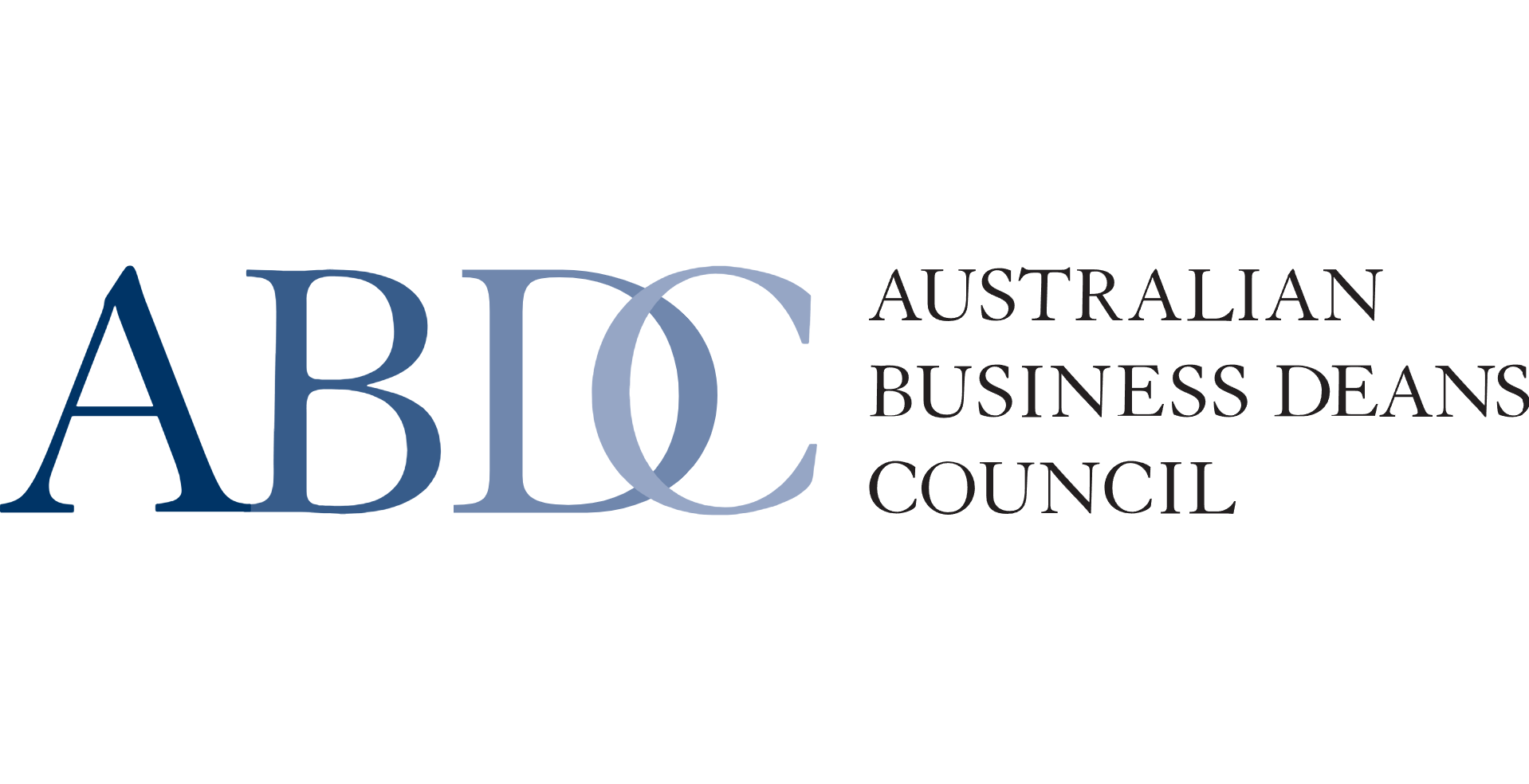EVALUATION OF THE IMPACT OF INNOVATION AND THE ROLE OF THE SCHOOL PRINCIPALS AS AGENT OF CHANGE
DOI:
https://doi.org/10.53555/eijbms.v9i3.150Keywords:
Innovation, fourth industrial revolution, catalysts, digitalisation, adoptionAbstract
School managers have always been on the forefront of the administration of education system since they are the active agents who lead their schools towards wider goals of improving access and quality of education. The purpose of the paper is to give an assessment and evaluation of the concept of innovation by school managers and leaders in the schools. This paper explores impact of innovation and the role of school managers in creating and maintaining an innovative culture and academic performance in selected public schools of the Cofimvaba Education District, which has become synonymous with declining pass rates post-1994.A qualitative research approach was used where existing literature collected, collated and thematically analysed. This paper is novel because it seeks to contribute to the current debate in the literature of educational innovation. The scientific novelty of the article also consists of a conducted large-scale study describing the author's theoretical and practical prerequisites as a former school manager and evidence presented in the research empiricism. The findings of the paper indicated that the school principals are not empowered or willing enough to catalyse the creation and sustaining of innovative cultures in schools. Furthermore, the novelty of the results shows the innovation effects in the high schools and the criteria that school managers employ to get results. Other findings include evidence policy gaps on what is innovation and who must do what in schools which affects the efficacy of school managers. The paper also established that the bureaucratisation of the education sector has done nothing by crippled school managers’ ability to innovate by school managers. Furthermore, the paper recommends strategies on how school managers can become that active catalyst that they should be, to drive innovation include in-service training and setting minimum benchmarks for school managers eligibility. Also, policy interventions such as 4th industrial revolution aligned innovation regulations, exchange of ideas with countries which successful school innovation formulating a sanction model of non-performers, towards improving access and quality of education in the Cofimvaba Education District.
References
Cumbane, A. 2015. Scaffolding children's learning: Vygotsky and early childhood education. Washington, DC: National Association for the Education of Young Children.
Davies, K. 2006. Stages of educational development? Beeby revisited. International Review of Education, 26(1):411-438.
Davis, F. 2010. Perceived Usefulness, Perceived Ease of Use and User Acceptance of Information Technology. MIS Quarterly, 13(3):319-340
Desler, P. 2010. How do teachers view their teaching and the use of teaching resources? British Journal of Educational Technology, 18(2):102-111.
Desriel, G. 2006. Teaching in the new South African Merrydale high school. Lanham, MD: University Press of America
Dong, K. 2010. Curriculum Innovation in Schools: Lifelong learning for the 21st century. A user’s guide. Pretoria: National Department of Education.
Drucker, P. 2005. Management innovation. New York, NY: Sage.
Duff, L. & Fryer, T. 2005. The Debate about Quantitative and Qualitative Research: A Question of Method or Epistemology. British journal, 35(1):235-246.
Ehlers, J.A. & Lazenby, D. 2010. Educating for a changing world: Innovation in education. Metropolitan. Universities Journal, 25(3):1-25.
Fumbler, M. 2012, Competency-based education advanced with US approval of program, Chronicle of Higher Education, April 18, available online at: http://chronicle.com/blogs/wiredcampus/u-s-educationdepartment-gives-a-boost-to-competency-based-education/43439 (Accessed: 07 November 2018).
Hanushek , M.R. & Kimko , G. 2005. The School management and leadership. The American Economic Review, 90(1):1184-1208.
Johnson, A. M., Jacovina, M. E., Russell, D. E., & Soto, C. M. 2016. Challenges and solutions when using technologies in the classroom. (In S. A. Crossley & D. S. McNamara (Eds.) Adaptive educational technologies for literacy instruction. pp. 13-29). New York: Taylor & Francis.
Khumalo, M.J. 2005. The Role of the School Principal in Fostering the Creativity and Innovativeness of Educators. Vanderbijlpark:
Mogalakwe, M. 2006. The use of documentary research methods in social research. African Sociological Review, 10(1):221-230.
Noyelle, T.J. 2019. Beyond industrial dualism: Market and job segmentation in the new economy. London: Routledge.
Portera, C.E. & Donthub, N. 2011. Using the technology acceptance model to explain how attitudes determine Internet usage: The role of perceived access barriers and demographics. Journal of business research, 59(9):999-1007.
Prombler, E. 2008. Pearson Education Inc: Upper Saddle River, New Jersey.
Serdyukov, P. 2017. Innovation in education: what works, what doesn’t, and what to do about it? Journal of Research in Innovative Teaching & Learning, 24(3):5-23.
Singh, E.J. 2009. Creating more innovative workplaces: linking problem-solving style and organisational climate”, CRU technical report, The Creative Problem Solving Group Inc., pp. 1-24.
Straub, M. 2011. Curriculum Innovation in Schools 2005.Lifelong learning for the 21st Century. A user’s guide. Pretoria.
Temple, L. 2017. The impact of the implementation of technology education on in-service teacher education in South Africa. International Journal of Technology and Design Education, (14): 205-218.
Tlou, E.R. 2009. The application of the theories of reasoned action and planned behaviour to a workplace HIV/AIDS health promotion programme (Published Doctoral dissertation, University of South Africa).
Organisation for Economic Cooperation and Development 2015 Report ,Canada. Prentice Hall



